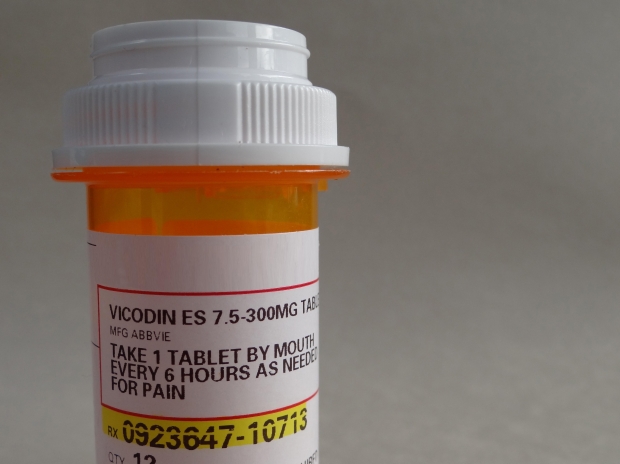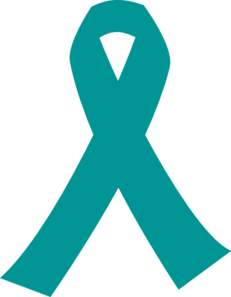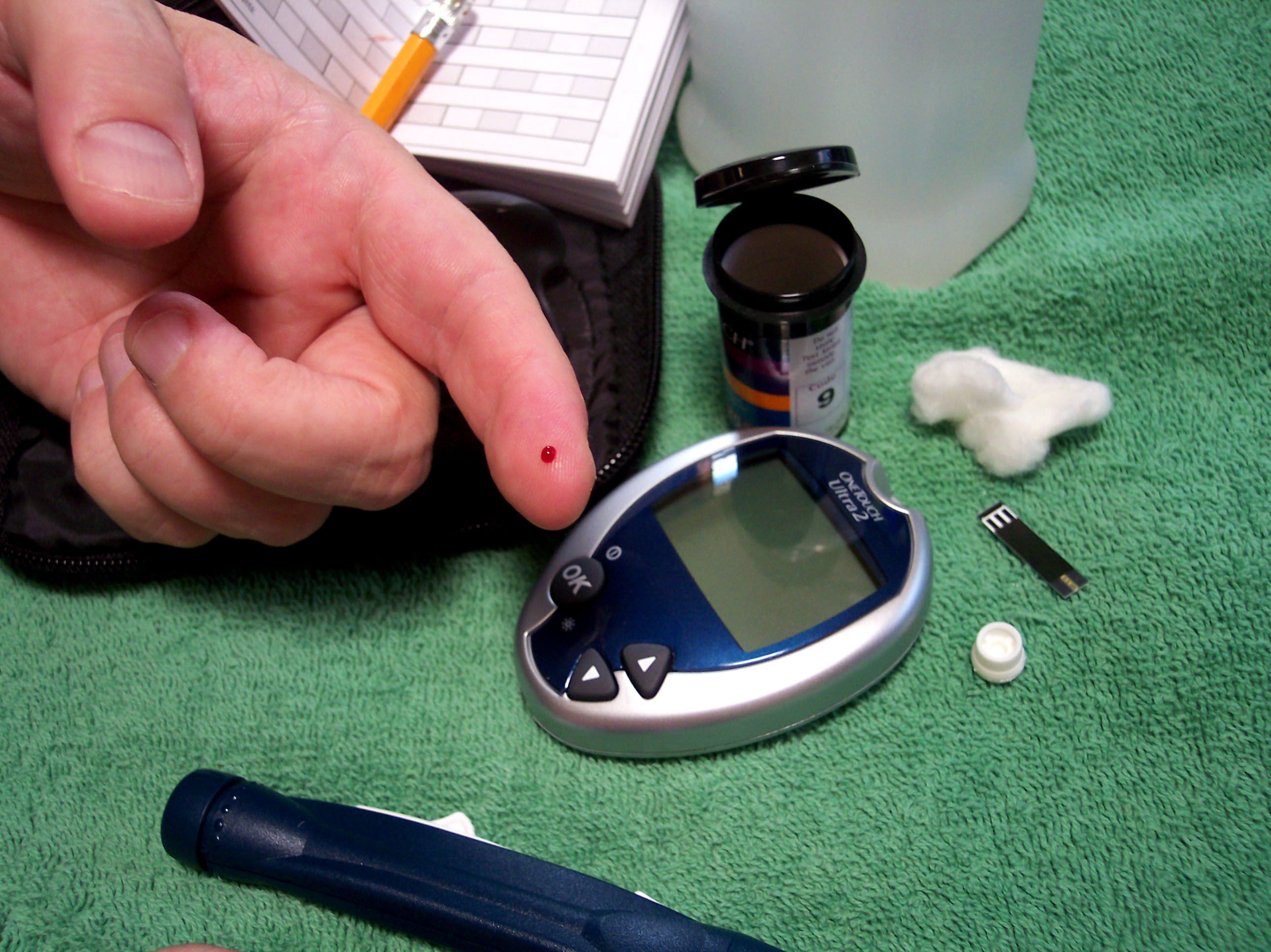Last Updated on May 22, 2020
Everyone has stress and difficult emotions on occasion, and this is completely normal. Mental illness, however, is any condition that makes it difficult to function in daily life. It can affect relationships or job performance, and is caused by any number of complex interactions within the human brain. Mental illness can range from anxiety to mood disorders like depression, psychotic disorders like schizophrenia, eating disorders, or addictive behaviors.
Studies have shown the economic costs of untreated mood and anxiety disorders among moms exceeds $14 billion dollars through the first five years of a child’s life alone, and fewer adults experiencing psychological distress are being treated by a mental health professional. Of those reporting foregoing mental health care, 13% said they could not afford the cost of care, 12% reported that their insurance would not cover it, 10% indicated that fear or embarrassment kept them from seeking care, and 8% reported that they did not know where to get care.
The United States is facing a growing shortage of mental health professionals trained to work with youth — at a time when depression and anxiety are on the rise. Suicide was the second greatest cause of death for children from age 10-24 in 2017, after accidents. Mood disorders such as depression or bipolar disorder are the third most common cause of hospitalizations in the U.S. across ages 18-44. Serious mental illness costs America $193.2 billion in lost earnings per year.
Mental illness is prevalent in homeless populations, with 25% living with serious mental health conditions and an estimated 46% with any mental illness. An estimated 37% of people in prison have a history of mental health problems, and the number is thought to be higher for those in smaller jail facilities. LGBTQIA individuals often deal with body dysmorphia, physical or emotional abuse, or feeling unsafe at school or work which can deeply affect their mental health. Adopted children are almost twice as likely as children brought up with their biological parents to suffer from some form of mental illness.
Thousands of immigrant children have been separated from their parents/families under the Trump administration’s “zero tolerance” policy, and now face an increased risk of profound mental health problems. Some children have had confidential information shared with therapists weaponized against them by Immigration and Customs Enforcement (ICE) in deportation hearings. Psychologists who have visited detention centers worry that the living conditions in these facilities will add to the trauma families have already endured, though the impact is difficult to predict as no research has been done on children who have been forcibly separated from their families due to the inherent ethical concerns.
The ongoing COVID-19 pandemic has had a tremendous impact on Americans’ mental health. More than one in four American adults have met the criteria that psychologists use to diagnose serious mental distress and illness, representing a roughly 700% increase from pre-pandemic data collected in 2018. In April 2020 alone, roughly 70% of Americans experienced moderate-to-severe mental distress. Other than those who regularly live with mental illness, who frequently live lifestyles or have underlying health conditions that leave them at particular risk to the coronavirus, students and healthcare workers are facing significant but often overlooked challenges and potential traumas that greatly impact their mental health.
NeedyMeds has Diagnosis Information Pages for various mental illnesses including depression, obsessive-compulsive disorder, and schizophrenia. There are even resources for those who have been impacted by COVID-19. We also have information for nearly 8000 free, low-cost, or sliding-scale clinics throughout the country that offer counseling or mental health services. Search your ZIP Code for mental health clinics near you, or call our toll-free helpline for information at 1-800-503-6897 (open Monday through Friday, 9am to 5pm ET).
We encourage everyone to educate themselves, strive to understand the difficulties people around us live with, and to replace stigma with hope and support. If you or someone you know is suffering from a mental health condition, it is important to know that no one is alone in their struggle. Call for assistance, whether help is needed immediately or long-term.
Samaritans 24/7 Crisis Services via call or text: (877) 870-HOPE (4673)
The Trevor Project (LGBTQ+ crisis support): 1-866-488-7386 or Text “Trevor” to 1-202-304-1200
Trans Lifeline: (877) 565-8860
The Steve Fund Crisis Text Line (crisis support for people of color): Text STEVE to 741741




